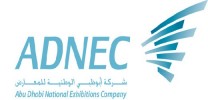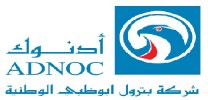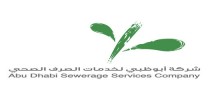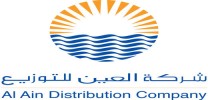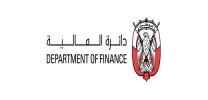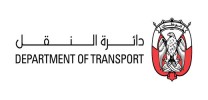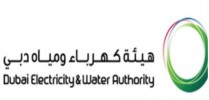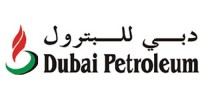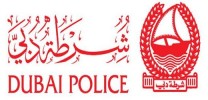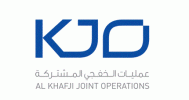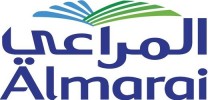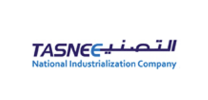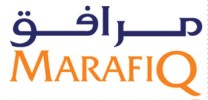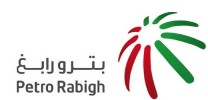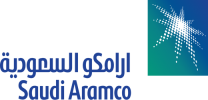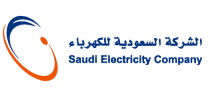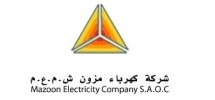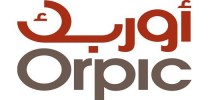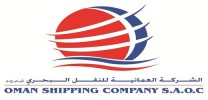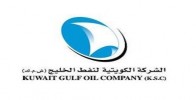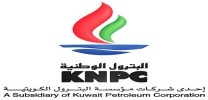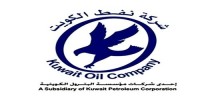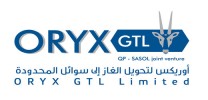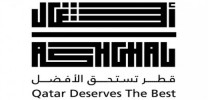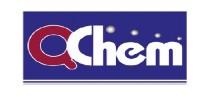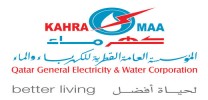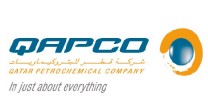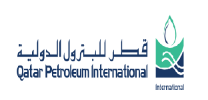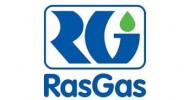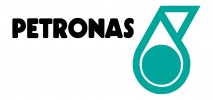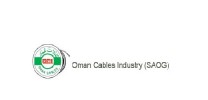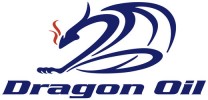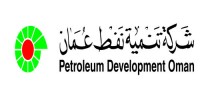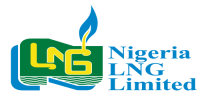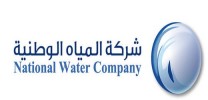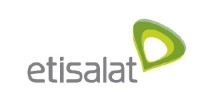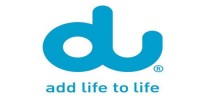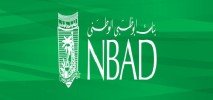
Laboratory Instruments Calibrations and Troubleshooting Techniques (ISO/IEC 17025)
Course Introduction:
The course begins with a broad overview of the Metrology discipline, and defines some common terms. It next introduces the statistical concepts that form the cornerstones of modern metrology and calibration. The students are then exposed to statistical management concepts such as Statistical Process Control (SPC) and the Measurement Assurance Process (MAP).
The course then reviews in considerable depth the requirements imposed by ISO standard 17025. Its impact on all aspects of calibration laboratory management is analyzed clause by clause.
The final sections of the course deal with laboratory facilities, equipment and calibration logistics, as well as reporting requirements, ESD control, equipment handing and safety considerations. This course is intended for those who are willing to acquire knowledge on the proper techniques in calibrating major instruments used at the laboratory such as GC, GC/MS, LC, ICP etc.
This course has a one day hands-on, highly interactive course includes practical sessions and exercises where attendees will visit the laboratory and they will be introduced to various lab instruments and their calibration process. Practical sessions will be performed using one of the lab equipment in order to apply the theory learnt in the class.
Course Objectives:
Upon successful completion of this course, the delegates will be able to:
ü Calibrate and troubleshoot the major instruments used in laboratory including gas chromatography, mass spectrometry, liquid chromatography and inductively coupled plasma
ü Carryout sampling and sample handling in a correct manner
ü Demonstrate proper procedures of troubleshooting in case of errors
ü Explain the basic and meaning of calibrating each instrument
ü Run the different types of samples associated with work
ü Discuss safety concerns involved in calibrating and troubleshooting laboratory instruments
The course will reviews in considerable depth the requirements imposed by ISO standard 17025. Its impact on all aspects of calibration laboratory management is analyzed clause by clause.
Who Should Attend?
This course is intended for all laboratory staff and those who are using major laboratory instruments such as GC, GC/MS, LC, ICP etc. This includes chemists, scientists, analysts, instrument engineers and laboratory technical staff as well as those individuals who are involved in standards and calibration laboratories and for others who want a clear understanding of the special requirements that must be met by managers and other personnel in standards and calibration work.
Course Outline:
Day 1:
Instruments
· GC, GC/MS, LC, ICP etc.
Relationship of Metrology and Calibration to Quality System
· Methodologies for a Calibration Program
· Metrology Glossaries
· International Definitions
· ISO 9000 Quality System
· Error, Accuracy, Precision
· Measurement Uncertainty
· Measurement Process
· Calibration Control System
· Measurement Assurance Process (MAP)
· Statistical Process Control (SPC)
· Check Standards in SPC
· Standard Reference Materials
· Quality / Reliability Goals
· Risk Management
· Calibration System-Purpose and Justification
Day 2:
Calibration System
· Government Agencies
· History of Calibration Requirements
· Conforming to International Definitions
· International Standards
· ISO Standard 17025 Requirements: Management System
· Laboratory Procedures
· Corrective and Preventive Action
· Management Review
· Technical
· Laboratory Personnel Job Description
· Test and Calibration Methods
· Estimation of Measurement Uncertainty
· Measurement Traceability
· Sampling
· Reporting of Results
· ISO 9000-Accreditation, Certification, Registration
· Proficiency Testing
Day 3:
Calibration Program and Metrology Management
· Program Manager
· Technical Management
· Quality Manager
· Quality Systems Considerations
· Documentation Requirements
· Calibration Control System
· Quality / Calibration Manual
New Concepts in Metrology
· Measurement Uncertainty
· Measurement Uncertainty Evaluation
· Standard Uncertainty
· Expanded Uncertainty
· Glossary
· Error Sources
· Type A and Type B Error Evaluation
· Confidence Levels
· Measurement Uncertainty Summary Measurement Assurance
· Inter-Laboratory Testing, Calibration
· Inter-Laboratory Comparison (ILC)
Day 4:
Administrative Considerations in Metrology
· Metrology Personnel: Technicians, Engineers, Management and Support
· Metrology Document Types
· Test and Calibration-Procedures
Practical Session/Lab Visit
Day 5:
Tools of the Metrology Trade
· Calibration Logistics
· Calibration Intervals
· Calibration Status
· Exclusions from Calibration System
· Tamper Proof Sealing
· Recall System
· Reverse Traceability
Reports, Records, Safety and Equipment Handling
· Calibration Reports: Requirements
· Calibration Records
· ESD Control in the Calibration Laboratory
· Safety Considerations
· Precision Equipment Handling/Storage
· Preventive Maintenance (PM)
· Ethical Considerations
Course Methodology:
A variety of methodologies will be used during the course that includes:
· (30%) Based on Case Studies
· (30%) Techniques
· (30%) Role Play
· (10%) Concepts
· Pre-test and Post-test
· Variety of Learning Methods
· Lectures
· Case Studies and Self Questionaires
· Group Work
· Discussion
· Presentation
Course Fees:
This rate includes participant’s manual, Hand-Outs, buffet lunch, coffee/tea on arrival, morning & afternoon of each day.
Course Timings:
Daily Course Timings:
08:00 - 08:20 Morning Coffee / Tea
08:20 - 10:00 First Session
10:00 - 10:20 Coffee / Tea / Snacks
10:20 - 12:20 Second Session
12:20 - 13:30 Lunch Break & Prayer Break
13:30 - 15:00 Last Session





.jpg)

















